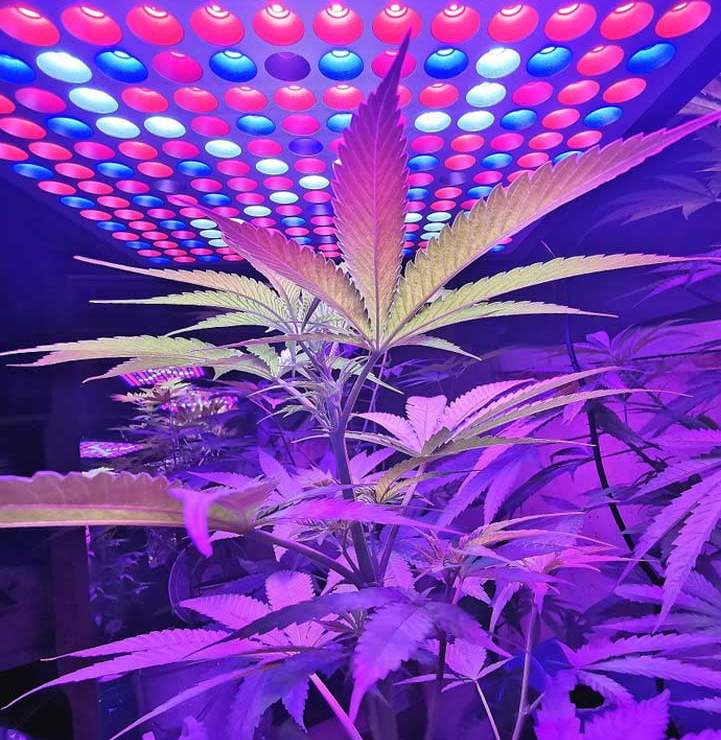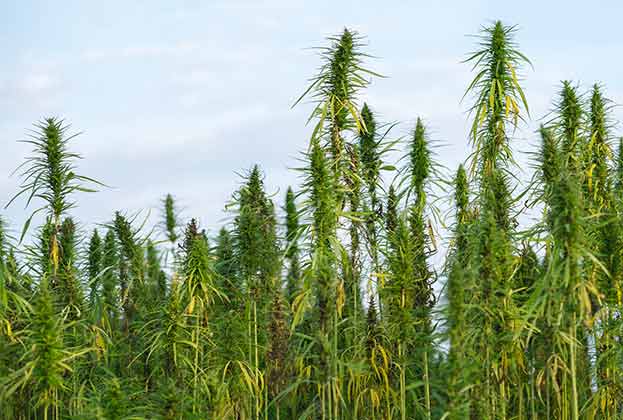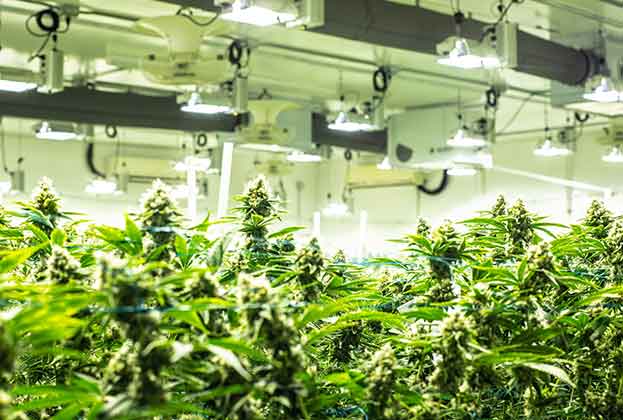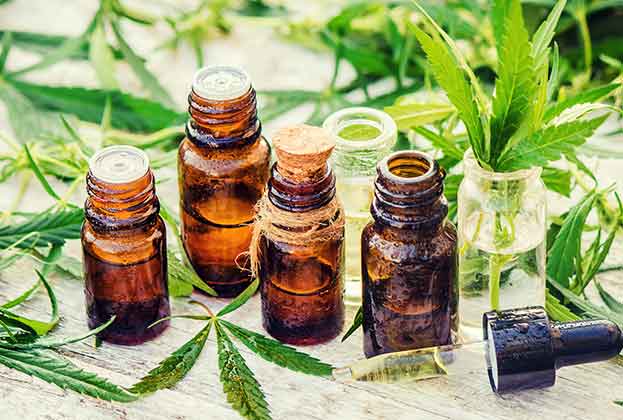Establishing a robust business case is crucial to success in this highly regulated sector
- Two separate opportunities
It should now be clear that hemp and cannabis, despite belonging to the same family, are two very distinct crops that require entirely separate approaches. This disparity will mean the correct direction for your business is already determined.
For the average farming business, the capital intensive and highly regulated cannabis regime may well be unobtainable. Such undertakings are only possible for companies with significant capital and expertise available to invest.
In contrast, growing hemp represents a niche opportunity for farmers to diversify. Besides providing reduced exposure to risk and also opportunity for enhanced returns, hemp may well bring other benefits. Improved soil health, carbon sequestration and reduced nutrient loss are all possibilities that are increasingly well regarded by both regulators and the public.
- Invest in expertise
Whether growing hemp or cannabis indoors or outdoors establishing the enterprise can be complex both from a regulatory and practical perspective. Poor siting and care can lead to diminished yields, while falling foul of regulations can lead to whole crops being destroyed.
Seeking advice from specialist consultants can, therefore, prove invaluable in both instances until experience and expertise in the sector is acquired. Such expertise is often an easier pathway into the wider network of producers, manufacturers and distributors that are key to success. This is particularly the case for medicinal-grade cannabis where partnerships are essential from the very beginning of the process.
- Keeping costs down
To achieve a premium-grade cannabis product, a high capital controlled environment system is needed. It is the only method for growing high THC medicinal cannabis, which can attract greater returns.
These costs are dominated by utility bills for the lighting, heating and water pumping that are necessary to maintain optimum growing conditions. Co-siting your greenhouses with another business that is generating waste heat and carbon dioxide, such as an anaerobic digestion plant, an internet server or a boiler room in a commercial property, can be advantageous and also help to minimise costs.
Given the sensitive nature of the crop, security procedures will also need to be considered. Controlled cultivation methods have improved security because the buildings themselves count as an obstacle in themselves, but this alone will not be adequate. Measures such as fencing, CCTV and alarms will be required for any site to obtain a licence.

Outlook and opportunities
The versatility of hemp has been well known for generations, and its use as an alternative to plastic will be of increasing interest. Growing acceptance of its medicinal usage increases the scope for further market development. Increased cultivation will improve the affordability of cannabis-based medications and likely expand their use and research around them. Even without recreational use, the cannabis market is ripe for investment. Potential investors should carefully consider which of the many end-markets they will focus on. Once such a business plan is in place, significant returns on investment are certainly possible.
Read the articles within Spotlight: Hemp cultivation in the UK below.
.jpg)



